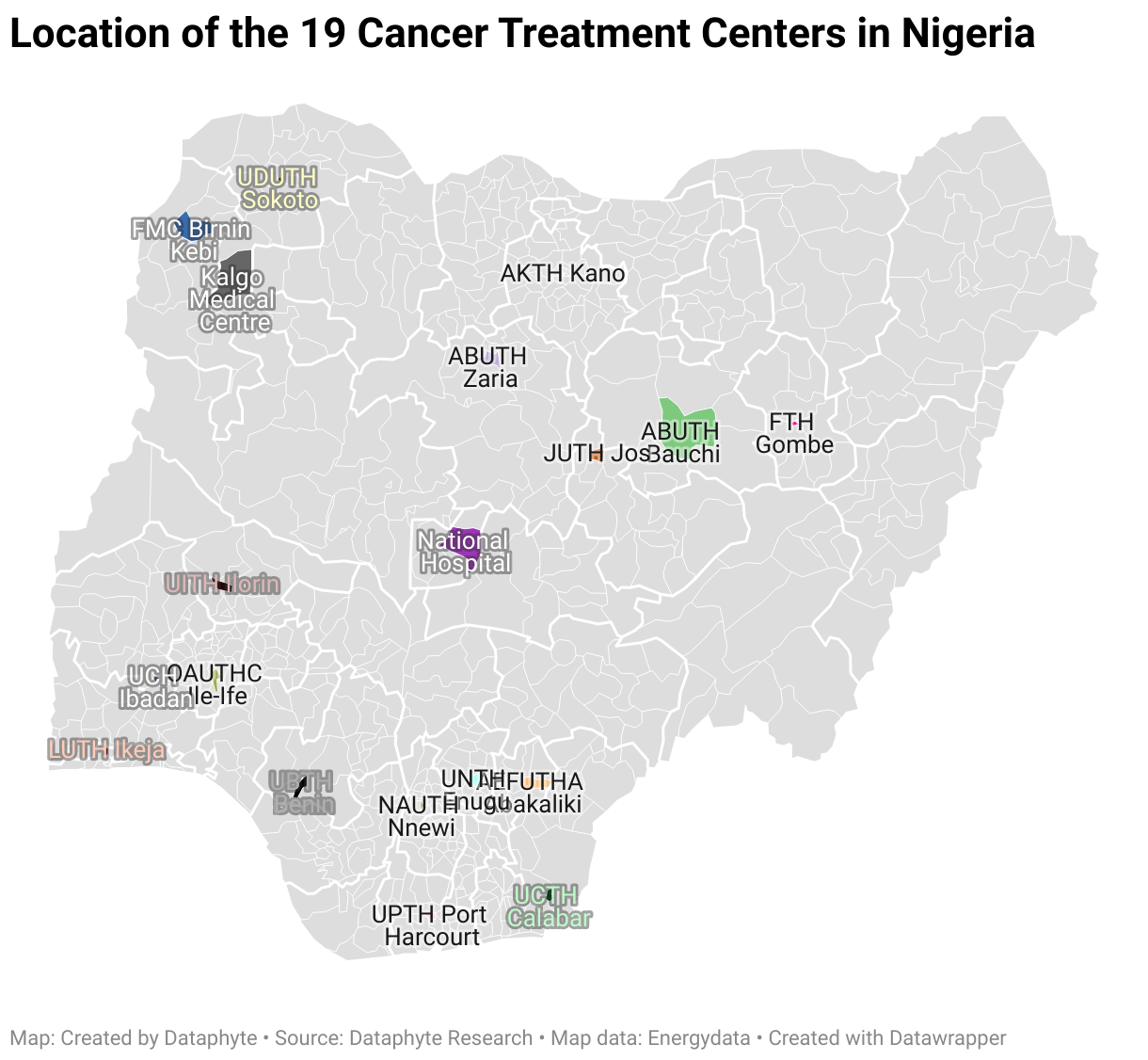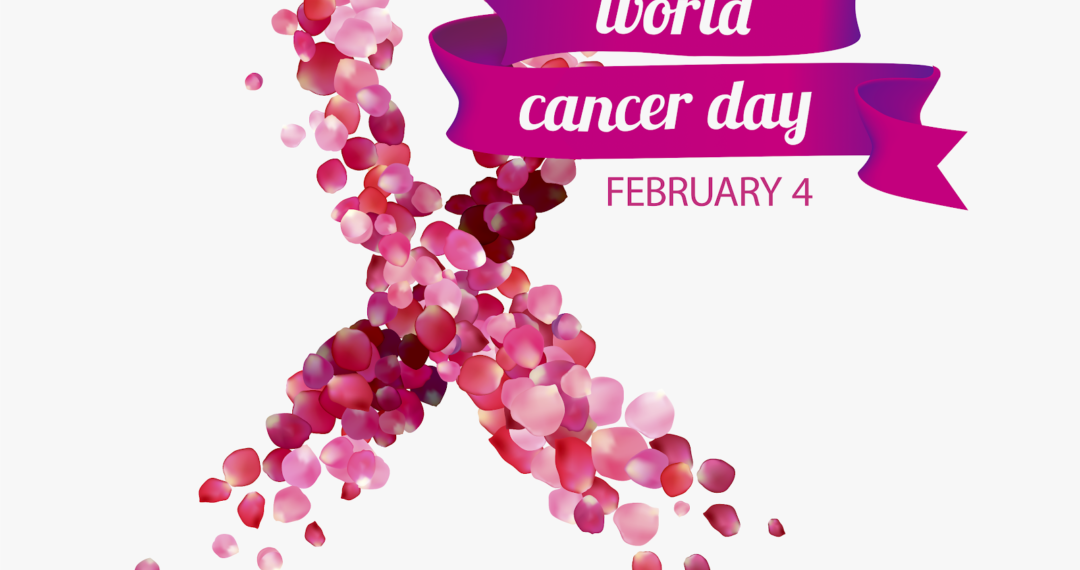The campaign to ‘Close the Care Gap’ is the focus of this year’s World Cancer Day and it is the start of a three year campaign.
This year’s focus is about “understanding and recognising the inequities in cancer care around the globe”. Some of the issues that will be highlighted include the inequality in cancer care and how that costs life, barriers to access to quality care like race, income, gender etc. as
Cancer, which results in cellular changes and causes uncontrollable growth and division of cells in the human body, accounted for 1 out of every six deaths in 2020.
It is estimated that 1 in 2 women and 1 in 3 men are prone to cancer infections.
Of the 19.29 million cases reported worldwide, Nigeria, Africa’s most populous nation, had 124,815 new cases in 2020. Averagely, 72,000 Nigerians die of cancer annually.
The number of global deaths estimation shows that by 2030, 70% of the 13 million cancer deaths will be from low-middle income countries like Nigeria. Therefore, the conversation on closing the care gap is critical at this time as access and quality of care for cancer are one of the major challenges facing the country. There is an urgent need for cancer centers to meet the international standards of care while being efficiently run to ensure viability.
As Nigeria joins the rest of the world to mark this year’s World Cancer Day today, Dataphyte reviews the country’s readiness to provide adequate care for cancer patients.
Number of Cancer Centers
Nigeria has about 19 approved chemotherapy centers in the country. Chemotherapy is an aggressive form of chemical drug therapy meant to destroy rapidly growing cells in the body.
Previously, there were just seven in the country: National Hospital Abuja, ABUTH Zaria, AKTH Kano, OAUTHC Ile-Ife, UCH Ibadan, LUTH Lagos, and UNTH Enugu.
Even then it was reported that only four of the centers were fully functional and offering treatments in the country.
But by last year, an additional 12 centers were approved to increase the number of treatment centers to 19 across the country. But there is no information was given on the status of the already existing non-functioning ones.
It is important to note that all 19 treatment centres are located within Tertiary Hospitals in the country.

Location of 19 Cancer Treatment Centres in Nigeria
Despite the increase in the number of available treatment centers, 90% operate without a treatment planning system (TPS) and lack a cancer registration system using mosaiq (R&V system), an information management system that centralizes patient data for multidisciplinary care. There are only 7 government-owned radiation oncology centres and 1 privately owned centre, most of the equipments are out of touch with advancements in treatment of cancer and there are not enough qualified personnel to operate available equipment.
Availability of Oncologist
An essential aspect of the treatment is the availability of trained professionals to administer the necessary treatment. Data show that there are approximately 90 oncologists to 100,000 cancer patients in Nigeria.
The recommended density stipulated by the World Health Organization (WHO) is one doctor to 600 patients and the critical threshold of 23 doctors, nurses, and midwives per 10,000 patients.
In Nigeria, the density of physicians to patients is four doctors per 10,000 patients and 16.1 nurses and midwives per 10,000 patients.
There is clearly a shortage of trained personnel focused on cancer care.
Requirements for Effective Care
With an estimated population of 234 million people, Nigeria will require 234 cancer centers to provide needed care for cancer patients effectively, the country’s 19 centers are grossly insufficient to provide adequate care for cancer patients.
There is, therefore, a dire need for the provision and equipping of cancer centers in Nigeria.
Another requirement is the provision of funding for treatment. Cancer patients do not have any way of getting treatment due to their financial status. While the National Health Insurance Scheme (NHIS) provides partial treatment cover for cancer treatment, most private health insurance schemes barely cover cancer treatments except for the highest levels of the scheme which are also expensive and out of reach for most Nigerians. Even then, only 3% of Nigerians are covered by health insurance and so most of the cancer care services are accessed by out-of-pocket payments. The state of the facilities and insufficient personnel also mean those who can afford to, practice medical tourism to access treatments. Nigerians spend an estimated $1 billion on medical tourism and most of that money goes into four specialities, one of which is oncology.
As efforts are made towards providing health centers for adequate cancer care, global investments should be sought to increase funding availability to improve access to cancer care. Also, as the country makes efforts to expand health insurance coverage, Health Management Organisations should include substantive cancer treatment provisions in their health cover across all categories.



